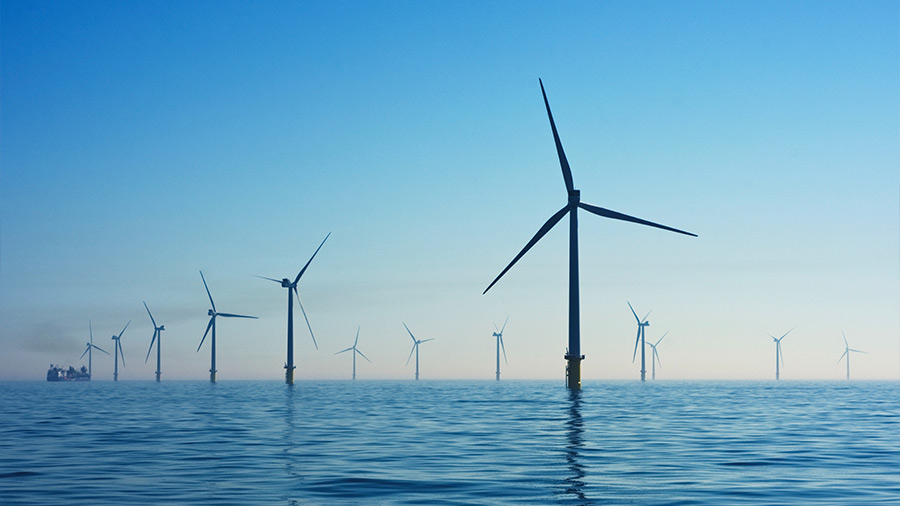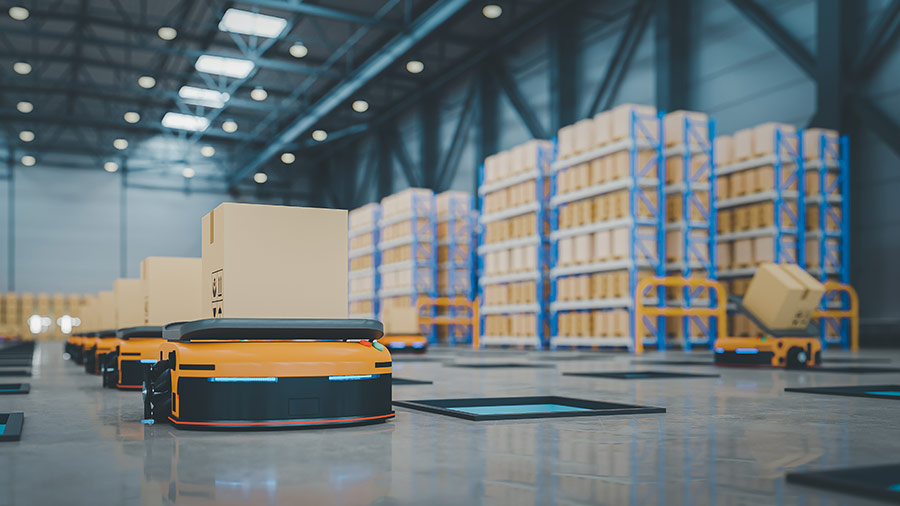Vietnam has an abundance of high-quality nickel reserves that, in recent years, have become increasingly attractive to international mining companies. The electric vehicle explosion has engendered soaring demand for raw materials, such as nickel, which is a key component in the lithium-ion batteries that power electric motors. Now, with the combined plans of Australian mining outfit, Blackstone Minerals, and local conglomerate Vingroup, Vietnam is set to become a hub for lithium-ion battery manufacture and even EV production.
From automobiles to mobile electronic devices, lithium-ion batteries have become the energy storage solution of choice for many manufacturers. Compared to other battery technology, lithium-ion battery cells are lightweight and have a higher energy density than typical lead-acid or nickel-cadmium rechargeable batteries. As a result, most plug-in hybrids and all-electric vehicles use lithium-ion batteries.
But from humble beginnings, demand for electric vehicles (EVs) is now soaring, driven by increasingly climate-conscious customers, global green agendas, and sky-high fuel prices. EVs have become increasingly competitive on cost too, with brands, such as MG, selling their electric offerings for little more than the petrol version.
Battery production unable to meet supply
As demand for EVs soar, manufacturers are confronting a deficit in battery-production capacity. The majority of the world’s nickel is currently used in the stainless-steel industry, but that is projected to change in the coming decades, especially as EV producers turn to more energy-dense batteries that typically contain more nickel.
Last year, the Germany-based Center for Automotive Research (CAR) released a report suggesting that battery cell production would not be able to meet demand until 2030. In turn, this will result in an estimated shortage of over 18.7 million electric cars between 2022 and 2029.
This also means that demand for metals used in the production of batteries, including nickel, has soared. Global demand for nickel has risen steeply over the past five years and is expected to increase to 3.02 million tons in 2022, up from 2.78 million tons in 2021, according to the International Nickel Study Group (INSG).
With prices going sky-high, miners are stepping up their operations to extract more nickel, but that’s not proving easy. Tesla chief executive Elon Musk has even made public pleas for mining companies to source more nickel and has promised sizable, long-term contracts for those that do.
Battery makers require Class 1 nickel to produce nickel sulfate – this is a key ingredient used in the production of lithium-ion battery cathodes. Class 1 resources primarily come from nickel sulfide deposits that are quickly becoming depleted. New discoveries are also few and far between. Some producers have looked to nickel laterite, which is mined heavily in Indonesia and the Philippines, as an alternative to the Class 1 material.
While it is more widely available, the process of upgrading the low-grade nickel laterite for battery production requires extremely energy-intensive processes. As such, its CO2 footprint is many times higher.
The sensitivity of the nickel market was highlighted earlier this year when the metal’s spot price shot up 250 percent in a day after Russia – which is one of the largest nickel producers – invaded Ukraine.
Nickel mining in Vietnam
So where does Vietnam fit in? Vietnam is among a number of Southeast Asian nations that is touted as a future battery supply chain hub.
Vietnam has a relative abundance of nickel and the surge in demand for batteries has led to the reopening of nickel mines that were not previously considered profitable. While Indonesia and the Philippines are the two top producers of nickel in the world, Vietnam is set to ramp up production, following the entry of Australian company Blackstone Minerals into the market.
The ASX-listed firm took over the Ta Khoa Nickel Project (TKNP) in the country’s northern Son La province and has earmarked first production for 2025. The mine is rich in nickel, copper, cobalt, and platinum group elements.
The exploration is a part of Blackstone’s strategy to enhance its battery-focused asset base that also includes cobalt and manganese. When fully operational, the TKNP project will have a steady-state production rate of 18,000 tons per year (t/y) of nickel recovered from 225,000 t/y of concentrate.
As part of its fully integrated Vietnam business, Blackstone’s mining operations will be complemented by the Ta Khoa refinery project (TKR). The firm is expected to make a final investment decision on the Ta Khoa project, which would require a total capital investment of US$854 million, by early 2023.
The mines contain high-grade nickel sulfide mineralization, which is in demand by the lithium-ion battery industry. Blackstone hopes the project will make it a globally significant producer of high purity NCM811 nickel-based precursor products for lithium-ion battery production. NCM811 refers to the 8:1:1 ratio of nickel, cobalt, and manganese used to create the cathodes in EV batteries.
For investors, Northern Vietnam is ripe for investment and consists of well-equipped infrastructure, such as power, roads, and ports. Major EV battery manufacturers that are already in the region include LG Chem and Samsung SDI. These businesses have invested and established electronic supply chains allowing investors to tap into these networks.
Lithium-ion battery production in Vietnam
In December 2021, Vingroup, Vietnam’s largest private conglomerate, said that it had started building a US$174 million battery cell plant in Ha Tinh province’s Vung Ang Economic Zone for its VinFast electric vehicle project.
The company said it is looking to produce 100,000 battery packs per year in the first phase and then upgrade its capacity to one million. Documents suggest the plant is unlikely to be fully operational until 2025. The firm already operates state-of-the-art factories for its vehicle production in Vietnam.
VinFast, which may be new to many, became Vietnam’s first fully-fledged domestic car manufacturer when it released its gasoline-powered models in 2019. The firm has since entered into a partnership with Kreisel Electric to make batteries for electric cars and buses and is looking to take its business beyond Southeast Asia.
VinFast recently announced it was investing US$2 billion in a factory in North Carolina that will enable the firm to build cars in the US too. In November, VinFast unveiled its two electric SUVs – the VF e35 and VF e36 – at the Los Angeles Auto Show.
VinFast has also committed to installing as many as 2,000 charging stations as part of its electronification plan in Vietnam’s 63 cities and provinces. The move is one of a number of actions being taken by the conglomerate, which intends to bring low-cost Made-in-Vietnam green vehicles to the wider world.
Takeaways
While there’s a dearth of supply for nickel currently, it’s worth noting that Vietnam isn’t the only country with its sights on being a global hub in the EV industry supply chain.
Indonesia, a huge producer of nickel, banned exports of nickel ore in 2020 to see more resources processed indigenously and to aid the creation of a complete EV battery supply chain. Not only does Indonesia have sizable nickel reserves, but it also has direct trade routes to China and Japan – both powerful players and consumers in the battery and EV industry. Despite being a nickel powerhouse, the country isn’t rich in battery-grade nickel.
As demand for EVs continues to rise, they are likely to become a mainstay in Vietnam and beyond. Vietnam, along with its regional peers, have realized the need for EVs to replace gasoline-powered vehicles. As Vietnam looks to become a hi-tech manufacturer, the latest foray into lithium battery production will further help the government meet its goals of spurring the economy and transitioning from a basic manufacturer to a hi-grade one.









